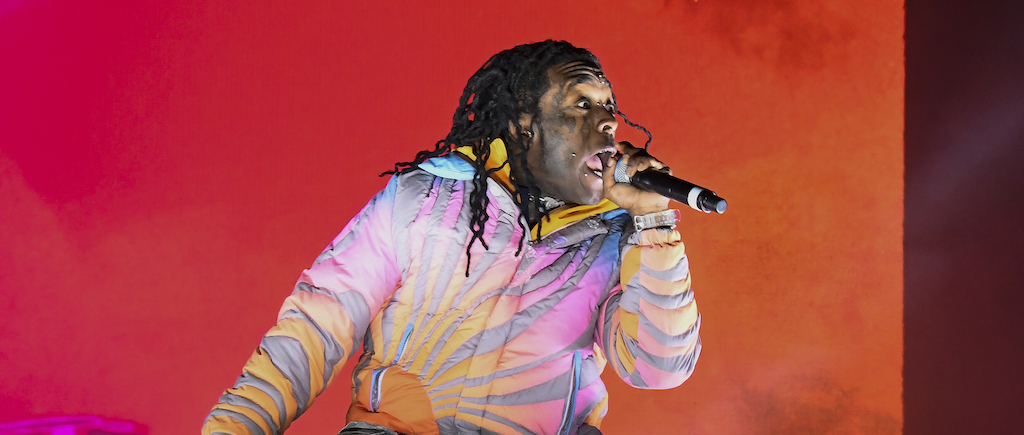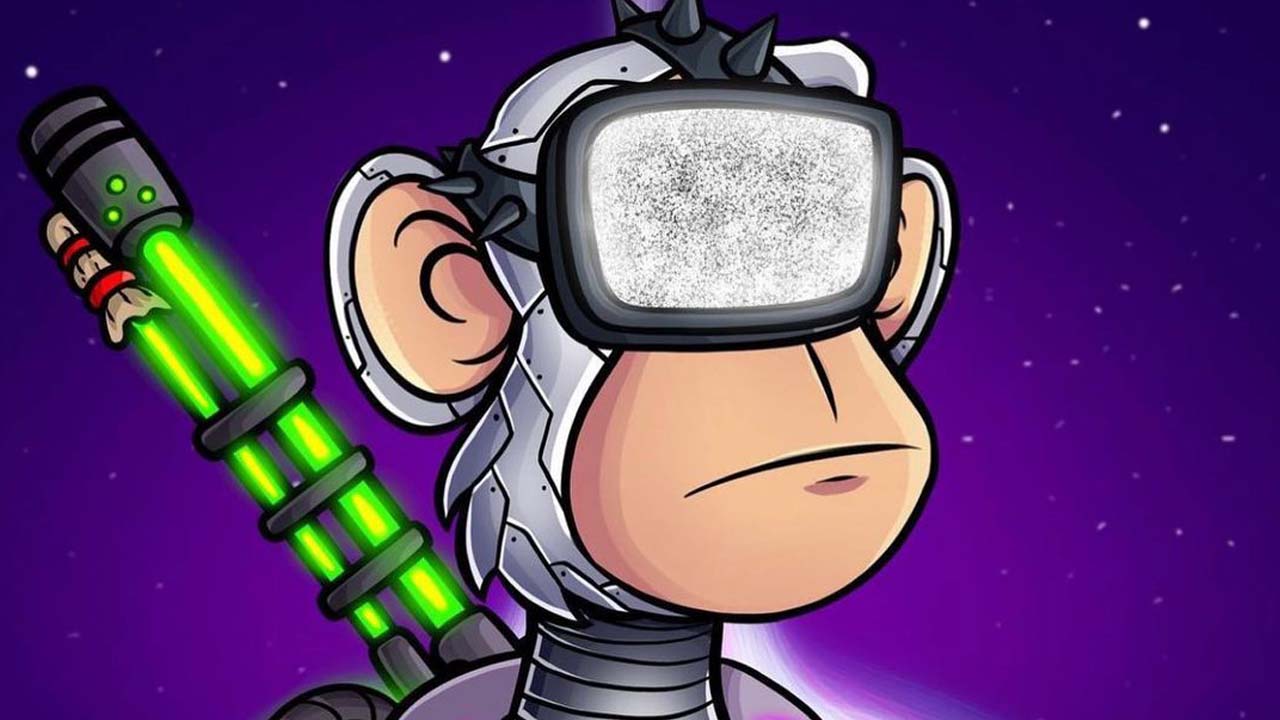Taking in the enthused crowd at Baby Keem’s show at the Fonda Theater in Hollywood for his Melodic Tour last Thursday night, it was clear that despite being a relative newcomer, the Las Vegas-raised rapper is already in a league of his own. He also proved to be one of those artists that you have to see to “get,” and while I can’t say I fully understand his appeal after seeing him live, I certainly can understand why he appeals to a generation that values vibes over previously held notions of substance.
One thing that has both helped and hindered the 21-year-old is his blood relation to one of hip-hop’s most critically-lauded poets: Kendrick Lamar. The two are cousins, and Kenny’s shadow looms long over Keem’s career to date. While having that connection certainly drew more attention to Keem’s work, even if it wasn’t highly touted by either of them, it also sets a certain standard of expectations for him — expectations he clearly has no intention of meeting.
As the concert took place in Los Angeles, Kendrick’s hometown and Keem’s birthplace, there were those fans who seemed most excited by the prospect of seeing Kendrick make a surprise appearance — especially since he appears twice on Keem’s debut album The Melodic Blue, on fan favorites “Range Brothers” and “Family Ties.” To his credit, Kendrick takes care not to outshine his cousin on either track, opting to dip his toes into the younger artist’s creative well rather than stick to his own tongue-twisting, mind-bending metaphorical writing style.
Keem’s style is the result of a half-decade-long realignment of hip-hop’s overall trajectory toward artists who push mood over weighty themes and witty wordplay. And while the stars of the era like Travis Scott, Lil Uzi Vert, and other young veterans of the SoundCloud era have renewed rap’s affinity for repetitious hooks and more prominent production than lyricism, they haven’t completely given up on the concept of bringing out the best bars — they’ve studiously reimagined just what constitutes “the best bars.”
At The Fonda, Keem’s turn-up anthems — tapping cuts across both The Melodic Blue and his 2019 mixtape Die For My Bitch like “Range Brothers” and “Stats,” along with his Donda feature “Praise God” — might have received the most exuberant initial responses, but the kids were much more tuned in for the drowsier, vibey-er cuts like 2019’s “Honest” and “Issues” from The Melodic Blue. Vibes rule, and lyrics, while being delivered in sing-song fashion rather than the rapid-fire staccato of my youth, are just as central to the process of creating those vibes.
There’s controlled chaos at the heart of it all, and Keem’s true talent seems to be a mastery of what it takes to control it. Despite giving up a whole year of live development due to the COVID-19 pandemic and lockdowns of 2020, instead of presenting the dreary, drugged-out take that many of his peers have come to cultivate over the past few years, Keem is alert and sharp onstage. He knows exactly when to drop the mic and let the crowd fully indulge themselves in crooning along to his magnetic hooks and he’s sequenced at least this particular set perfectly, letting the energy ebb, flow, and spike at natural points without trying to push the margins and burning everyone out or put them to sleep.
That balance was the crux of Uproxx’s review of The Melodic Blue by Wongo Okon, who sought to highlight Keem’s skill at weaving in and out of that vibey, trappy space that is currently so dominant, without trying to imitate his cousin’s depth and dexterity. While some older fans might want to see more of the latter in the same way one concertgoer near the back of the room kept calling for Kendrick to appear — long after it was clear he wouldn’t — Keem knows his audience and serves them exactly what they want, just on his own terms rather than anyone else’s.
















